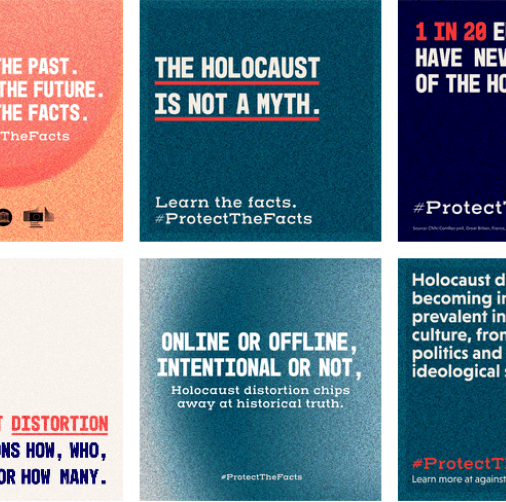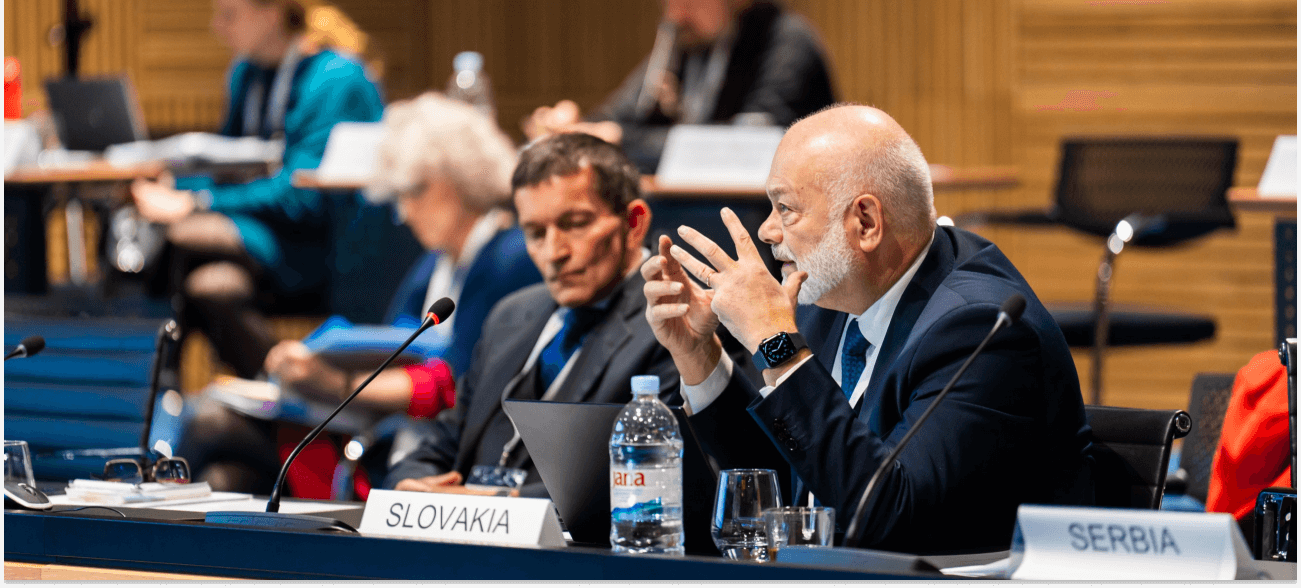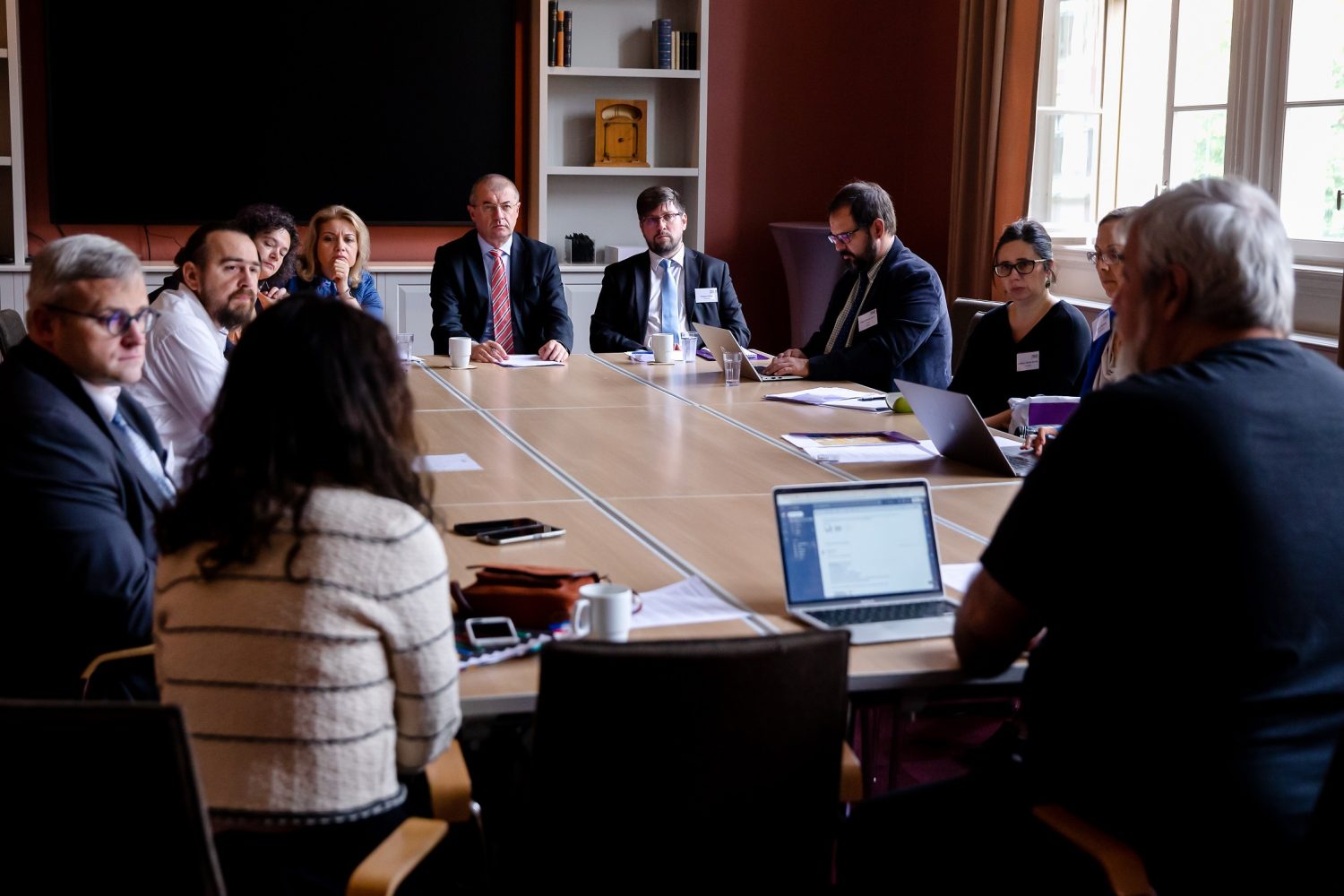
Distortion of the Roma genocide and anti-Roma discrimination today
To mark Roma Genocide Remembrance Day on 2 August, we share this article by Anna Míšková, Chair of the IHRA Committee on the Genocide of the Roma. It is originally published as part of the Protect The Facts campaign.
On 13 May 1995, four young men between the ages of 17 and 21 broke into a family home in Žďárnad Sázavou, Czech Republic, where a Romani family lived. One of them hit Tibor Berky several times in the back of the head with a baseball bat, causing fatal injuries. Tibor Berky was the father of five children who witnessed the murder. The racially motivated murder was one of many such murders that took place in the Czech Republic in the 1990s. It culminated in the throwing of Molotov cocktails into the home of a Roma family, which caused third-degree burns over 80% of the body of a two-year-old girl, Natálie, when the bottle fell into her cot. The little girl survived with lifelong consequences.
On the same day that Tibor Berky was killed, the first commemoration ceremony was held in Lety u Písku in the presence of Czech President Václav Havel, where a monument tothe Roma who perished in the concentration camp at Lety u Písku during World War II was unveiled, while a large pig farm stood right next to it.
In February 2018, only a few months after the announcement of the intention to buy the pig farm in Lety u Písku, a pig’s head was placed at the memorial to the Roma victims there. The perpetrator stated that he wanted to express his disapproval of spending state money to buy the pig farm, which stood on the site of a former concentration camp for Romani people. Miroslav Brož, an activist and chair of the Czech-Romani association Konexe, said he believes this is a consequence of the mood in Czech society and of at least questioning or downplaying the genocide of Roma and Sinti, which is a widespread phenomenon in the Czech Republic and beyond.
Lack of recognition of crimes against Roma and Sinti victims
The atrocities committed during the Nazi era continue to cast a long shadow over history. Not only were six million Jews ruthlessly annihilated but also an often-forgotten group – the Roma and Sinti. Discrimination against this ethnic group did not end with the liberation of concentration camps but continues to persist, starkly evident through the widespread distortion and neglect of the Roma genocide.
Unfortunately, the genocide of the Roma people remains one of the lesser-known crimes of the Nazi era. This lack of recognition is a harmful form of distortion that serves to perpetuate damaging stereotypes and ongoing discrimination against the Roma community. It is a stark reminder that distortion is not confined to the denial or minimisation of the Holocaust but extends to other victims as well. We still encounter denial or questioning of the suffering of the Roma and Sinti during World War II. There is still an opinion in society that the Roma were murdered because of their way of life and their “inadaptability” and even “hereditary criminality.”
Distortion of the Roma genocide impacts our society
Distortion threatens to destabilise the historical truth, warp collective memory, and compromise the integrity of lessons learned from this grave human rights’ catastrophe. The erasure of the Roma genocide from narratives of Nazi crimes symbolises an ongoing societal marginalisation, reinforcing centuries of prejudice, stigmatisation, and discrimination.
Distortion of history, in its various forms, is a potent weapon used to fuel hatred, extremism, and xenophobia. Distorting the Roma genocide is not an isolated historical falsehood: it echoes into the present, directly impacting the Roma community’s social status and mental health. Persistent prejudice against the Roma people, manifesting as social exclusion, discrimination, and segregation, reveals a troubling continuity from the past.
It is precisely why we need to continue to educate about the atrocities of the genocide of the Roma, to commemorate the victims, to support the research and spread of reliable resources on the topic. That is why we need to support institutions such as museums and memorials, that play a vital role in combatting antisemitism and antigypsyism today.
In memory of the victims, for the dignity of the survivors, and for the future of human rightsand equality, let us unite against distortion of Nazi-era crimes. Let us remember the Roma genocide, not as a forgotten footnote in history, but as a stark reminder of the perils of prejudice.
Sign up to our newsletter to
receive the latest updates
By signing up to the IHRA newsletter, you agree to our Privacy Policy





